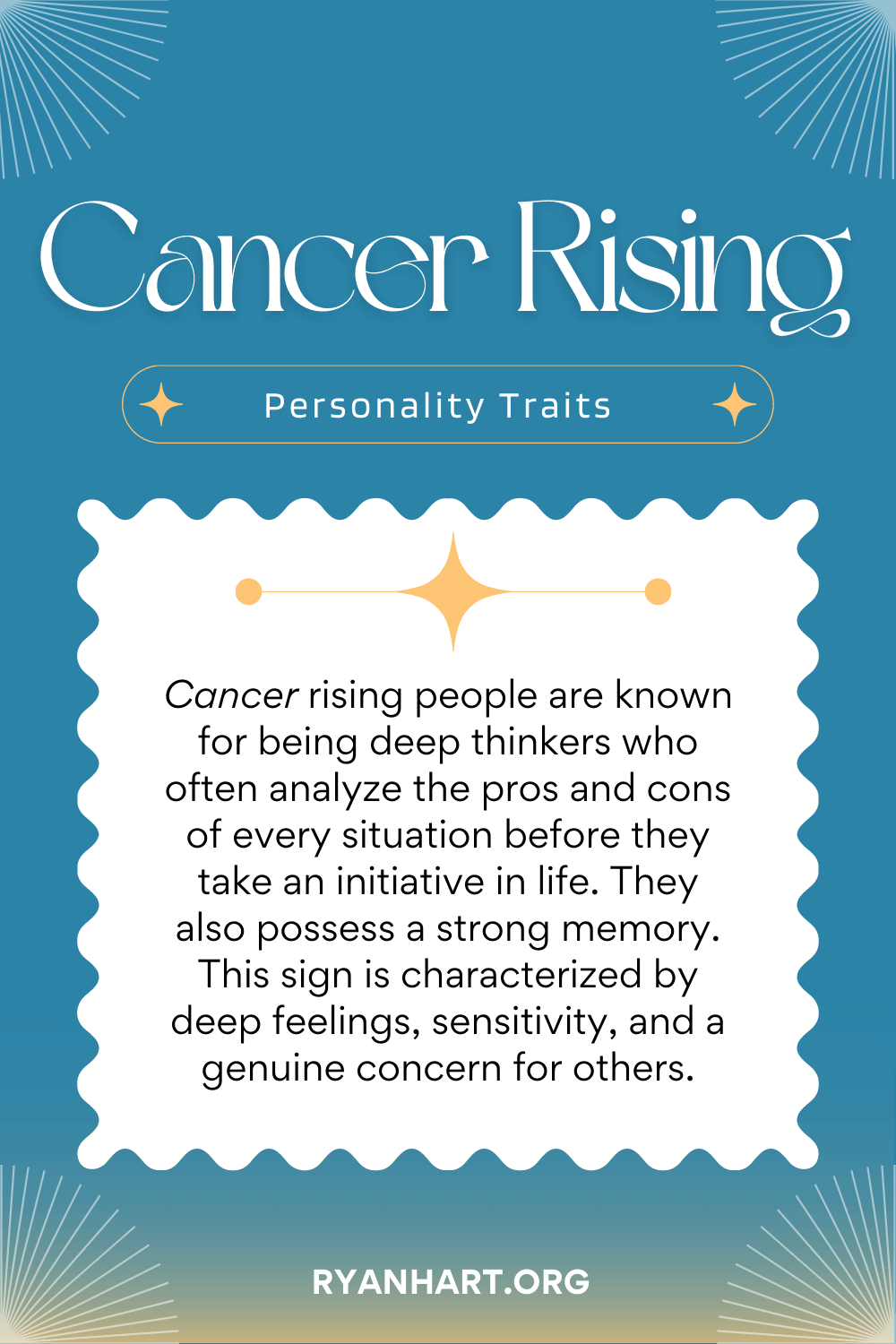Cancer Rising: Understanding The Growing Concern Of Cancer Incidence
Cancer rising is a global health crisis that demands immediate attention and understanding. The increasing prevalence of cancer cases worldwide has become a significant concern for individuals, healthcare systems, and governments alike. As the world grapples with this growing issue, it is essential to delve into the causes, risk factors, and potential solutions to combat this life-threatening disease.
Cancer is no longer just a medical term; it has become a part of everyday conversations, affecting millions of lives every year. The rising incidence of cancer is alarming, and understanding its causes and implications is crucial for prevention and treatment. By exploring the factors contributing to the increase in cancer cases, we can work towards reducing its impact on society.
This article aims to provide a comprehensive overview of cancer rising, its causes, symptoms, prevention strategies, and treatment options. Through expert insights and reliable data, we will shed light on this critical issue and empower readers with the knowledge they need to make informed decisions about their health.
Read also:Liam Payne And Roger Norris The Untold Story Behind Their Collaboration
Table of Contents
- What is Cancer?
- Cancer Statistics
- Causes of Cancer Rising
- Risk Factors
- Types of Cancer
- Symptoms of Cancer
- Prevention Strategies
- Diagnosis of Cancer
- Treatment Options
- Living with Cancer
What is Cancer?
Cancer refers to a group of diseases characterized by the uncontrolled growth and spread of abnormal cells. These cells can invade nearby tissues and may travel through the bloodstream or lymphatic system to form new tumors in other parts of the body. Cancer rising poses a significant threat to human health, affecting people of all ages, genders, and backgrounds.
Cancer is caused by changes in the DNA of cells, which can result from genetic mutations, environmental exposures, or lifestyle factors. Understanding the nature of cancer is the first step in addressing the growing concern of cancer rising.
How Does Cancer Develop?
Cancer develops when the normal process of cell growth and division goes awry. Normally, cells grow and divide in an orderly manner to form new cells as the body needs them. However, when this process is disrupted, cells can grow uncontrollably, forming a mass of tissue called a tumor. Not all tumors are cancerous; some are benign and do not spread to other parts of the body.
Cancer Statistics
The statistics surrounding cancer rising are staggering. According to the World Health Organization (WHO), cancer is responsible for nearly 10 million deaths annually, making it one of the leading causes of death worldwide. The incidence of cancer is expected to increase in the coming years due to population growth, aging, and changes in lifestyle and environmental factors.
Some key statistics include:
- Approximately 1 in 6 deaths globally is due to cancer.
- Lung, breast, and colorectal cancers account for the highest number of new cases.
- Low- and middle-income countries bear a disproportionate burden of cancer-related deaths.
Global Trends in Cancer Rising
The global burden of cancer is increasing, with developing countries experiencing a sharp rise in cancer cases. This trend is attributed to factors such as urbanization, industrialization, and the adoption of unhealthy lifestyles. Addressing these trends requires a concerted effort from governments, healthcare providers, and individuals to implement effective prevention and treatment strategies.
Read also:Good Eye Makeup Tips A Comprehensive Guide To Stunning Eyes
Causes of Cancer Rising
Several factors contribute to the rising incidence of cancer. These include genetic predisposition, environmental exposures, and lifestyle choices. Understanding these causes is essential for developing strategies to mitigate the impact of cancer rising.
- Genetic Factors: Some cancers are hereditary, meaning they are passed down through families due to mutations in specific genes.
- Environmental Exposures: Exposure to carcinogens such as tobacco smoke, asbestos, and radiation can increase the risk of developing cancer.
- Lifestyle Choices: Unhealthy lifestyle habits, including smoking, excessive alcohol consumption, poor diet, and physical inactivity, are significant contributors to cancer rising.
Emerging Causes of Cancer
Emerging research suggests that factors such as air pollution, obesity, and chronic infections are also playing a role in the increasing incidence of cancer. These factors highlight the need for comprehensive public health initiatives to address the root causes of cancer rising.
Risk Factors
Identifying risk factors is crucial in understanding cancer rising. While some risk factors, such as age and family history, cannot be controlled, others can be mitigated through lifestyle changes and preventive measures.
Key risk factors include:
- Age: The risk of developing cancer increases with age.
- Family History: Individuals with a family history of certain cancers may be at higher risk.
- Lifestyle: Smoking, alcohol consumption, poor diet, and lack of physical activity are significant risk factors.
Preventable Risk Factors
Many risk factors for cancer are preventable. By adopting healthy lifestyle habits, individuals can significantly reduce their risk of developing cancer. This includes quitting smoking, limiting alcohol intake, maintaining a balanced diet, and engaging in regular physical activity.
Types of Cancer
There are numerous types of cancer, each affecting different parts of the body. Some of the most common types include:
- Lung Cancer
- Breast Cancer
- Colorectal Cancer
- Prostate Cancer
- Skin Cancer
Each type of cancer has its own set of risk factors, symptoms, and treatment options. Understanding the specific characteristics of each type is essential for effective management and treatment.
Less Common Types of Cancer
While lung, breast, and colorectal cancers are the most prevalent, there are many less common types of cancer that also warrant attention. These include pancreatic cancer, ovarian cancer, and leukemia. Early detection and treatment are critical for improving outcomes in these cases.
Symptoms of Cancer
The symptoms of cancer can vary depending on the type and stage of the disease. Some common symptoms include:
- Persistent fatigue
- Unexplained weight loss
- Changes in skin appearance
- Persistent cough or hoarseness
- Blood in stool or urine
It is important to consult a healthcare professional if any of these symptoms persist, as early detection can significantly improve treatment outcomes.
Importance of Early Detection
Early detection is crucial in the fight against cancer rising. Regular screenings and self-examinations can help identify cancer at its earliest stages, when it is most treatable. Educating the public about the importance of early detection is a key component of reducing the impact of cancer.
Prevention Strategies
Preventing cancer rising requires a multifaceted approach that addresses both individual and societal factors. Some effective prevention strategies include:
- Adopting a healthy lifestyle
- Getting vaccinated against cancer-causing infections
- Avoiding exposure to carcinogens
- Participating in regular health screenings
By implementing these strategies, individuals and communities can work together to reduce the incidence of cancer.
Role of Public Health Initiatives
Public health initiatives play a vital role in cancer prevention. These initiatives focus on educating the public, promoting healthy behaviors, and providing access to preventive services. Governments and organizations must continue to invest in these efforts to combat the growing concern of cancer rising.
Diagnosis of Cancer
Diagnosing cancer involves a combination of tests and procedures, including physical exams, imaging studies, and laboratory tests. The goal of diagnosis is to determine the type and stage of cancer, which guides treatment decisions.
Some common diagnostic tools include:
- Mammograms for breast cancer
- Colonoscopies for colorectal cancer
- PET scans for detecting cancer spread
Early and accurate diagnosis is essential for improving treatment outcomes and quality of life for cancer patients.
Advancements in Diagnostic Technology
Recent advancements in diagnostic technology have improved the accuracy and efficiency of cancer detection. Techniques such as liquid biopsies and genomic testing are revolutionizing the field of oncology, allowing for more personalized and effective treatment approaches.
Treatment Options
Treatment options for cancer vary depending on the type, stage, and location of the cancer, as well as the patient's overall health. Common treatment methods include:
- Surgery
- Radiation therapy
- Chemotherapy
- Immunotherapy
- Hormone therapy
Recent developments in cancer treatment have focused on personalized medicine, which tailors treatment plans to the unique characteristics of each patient's cancer.
Emerging Treatments
Emerging treatments such as gene therapy and targeted therapy offer promising new options for cancer patients. These treatments aim to attack cancer cells while sparing healthy tissue, reducing side effects and improving outcomes.
Living with Cancer
Living with cancer can be a challenging and emotional experience. Patients and their families must navigate a complex journey that includes medical treatment, emotional support, and lifestyle adjustments. Support systems, including healthcare providers, support groups, and mental health professionals, can help individuals cope with the challenges of cancer rising.
Some strategies for living with cancer include:
- Staying informed about treatment options
- Seeking emotional support
- Maintaining a healthy lifestyle
- Engaging in stress-reducing activities
By adopting these strategies, individuals can improve their quality of life while managing their cancer diagnosis.
Support for Cancer Patients
Support for cancer patients is essential for their physical and emotional well-being. Organizations such as the American Cancer Society and Cancer Research UK provide resources, information, and support for individuals and families affected by cancer. These organizations play a crucial role in addressing the growing concern of cancer rising.
Kesimpulan
Cancer rising is a pressing global health issue that demands immediate attention and action. By understanding the causes, risk factors, and treatment options for cancer, individuals and communities can work together to reduce its impact. Prevention strategies, early detection, and advancements in treatment offer hope for improving outcomes and quality of life for cancer patients.
We encourage readers to take an active role in their health by adopting healthy lifestyle habits, participating in regular screenings, and staying informed about the latest developments in cancer research. Together, we can make a difference in the fight against cancer rising. Share this article with others and explore more resources on our website to learn more about this critical issue.


